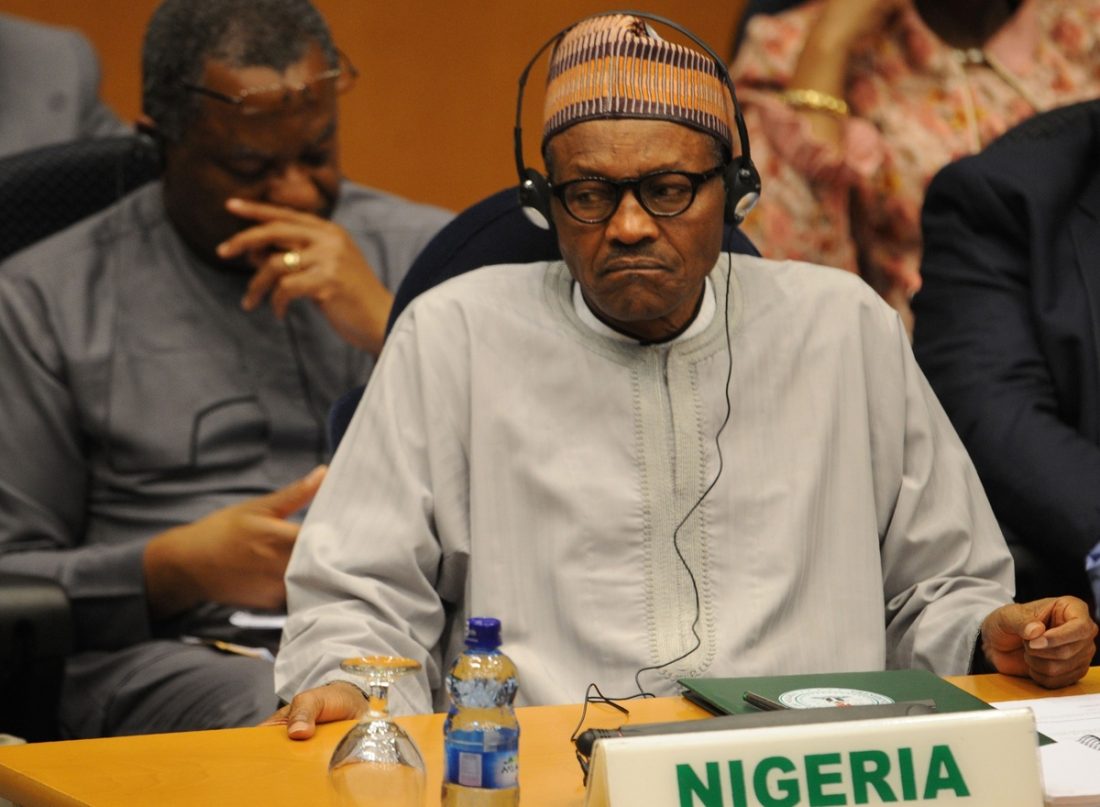Top businesses in Ghana are complaining that the forex and import policy of the Central Bank of Nigeria is hurting the economy of the West African country.
The CBN had introduced drastic forex allocation policies including a list of 41 prohibited items. THis measure has shrunk Ghana’s trade exports in the West African economic region where Nigeria accounts for about 10 percent of the country’s exports.
It turns out that a number of the items of the forex ban list are exported from Ghana and Business and Financial Times (B&FT), a Ghanaian newspaper, some industrialists are calling for a ‘retaliation’ from their government, saying a ban should also be placed on Nigerian exports into Ghana.
“If we also make it difficult for them to export, then we would have to find common ground,” Kate Quartey-Papafio, CEO of Reroy Cables told the newspaper.
A chief executive, Tony Oteng-Gyasi, a former president of the Association of Ghana Industries (AGI), said the matter should be taken up at the ECOWAS level. “This should be one of the major concerns of our trade and industry ministry, because in West Africa Nigeria remains the biggest market,” he told B&FT Online. “The ministry should take up the matter and make sure that the ECOWAS protocols are not limited to the free movement of persons, as they are doing now: even more important for us is the goods and services.”
Quartey-Papafio complains also of the cumbersome requirements for imports. “Even for those who are able to export to Nigeria, you have to get different certificates for different customers and it takes a whole lot of time to get it,” she lamented in an interview. “It makes the whole thing so cumbersome. You are exporting the same thing but you have to go and get certificates for each of the customers.”
“There should be a clear letter written to the Nigerians complaining about this, and then also try and use some diplomatic means to quickly resolve it,” Seth Twum Akwaboah, chief executive of the Association of Ghana Industries suggests diplomatic and punitive measures if the former fails to work. “If it doesn’t work then we must also look at countervailing measures…it could be product targeting,” he said.
A pharmaceutical company says these policies have reduced its export business by 25 per cent as Nigeria is a major market for the company and the prohibition list makes it difficult for the company to export into Nigeria. Richard Okrah, managing director of Intravenous Infusions Limited said in frustration, “We have been making efforts through our agent in Nigeria to get us off this list. But it is becoming a very difficult job for us.”
Okrah reveals that he brought the issues to the attention of the Ghanaian Trade and Industry Ministry, Mr. Ekwow Spio-Garbrah when he visited his company’s factory at Koforidua.
The industrialists say they do not face restrictions in other ECOWAS countries like Burkina Faso and Cote D’Ivoire.
Currently, Ghana and Nigeria are said to account for some 68 percent of the ECOWAS region’s Gross Domestic Product (GDP). Nigeria accounts for almost 10 percent of Ghana’s foreign trade volume, whereas Ghana is listed as the 9th largest trade partner for Nigeria, the paper reports.







